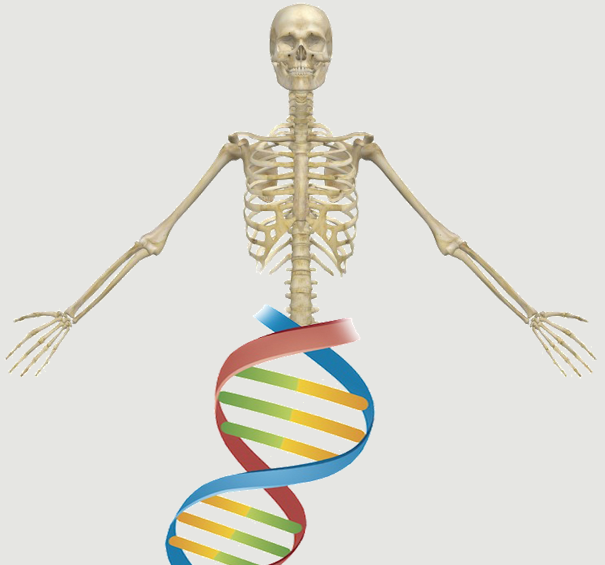Abstract:
A major limitation to clinical stem cell-mediated gene therapy protocols is the low levels of engraftment by transduced progenitors. We report that CXCR4 overexpression on human CD34+ progenitors using a lentiviral gene transfer technique helped navigate these cells to the murine bone marrow and spleen in response to stromal-derived factor 1 (SDF-1) signaling. Cells overexpressing CXCR4 exhibited significant increases in SDF-1-mediated chemotaxis and actin polymerization compared with control cells. A major advantage of CXCR4 overexpression was demonstrated by the ability of transduced CD34+ cells to respond to lower, physiologic levels of SDF-1 when compared to control cells, leading to improved SDF-1-induced migration and proliferation/survival, and finally resulting in significantly higher levels of in vivo repopulation of nonobese diabetic/severe combined immunodeficiency (NOD/SCID) mice including primitive CD34+/CD38(-/low) cells. Importantly, no cellular transformation was observed following transduction with the CXCR4 vector. Unexpectedly, we documented lack of receptor internalization in response to high levels of SDF-1, which can also contribute to increased migration and proliferation by the transduced CD34+ cells. Our results suggest CXCR4 overexpression for improved definitive human stem cell motility, retention, and multilineage repopulation, which could be beneficial for in vivo navigation and expansion of hematopoietic progenitors.
Notes:
Kahn, Joy Byk, Tamara Jansson-Sjostrand, Lottie Petit, Isabelle Shivtiel, Shoham Nagler, Arnon Hardan, Izhar Deutsch, Varda Gazit, Zulma Gazit, Dan Karlsson, Stefan Lapidot, Tsvee eng Research Support, Non-U.S. Gov't 2004/04/09 05:00 Blood. 2004 Apr 15;103(8):2942-9. Epub 2003 Dec 24.
Website

